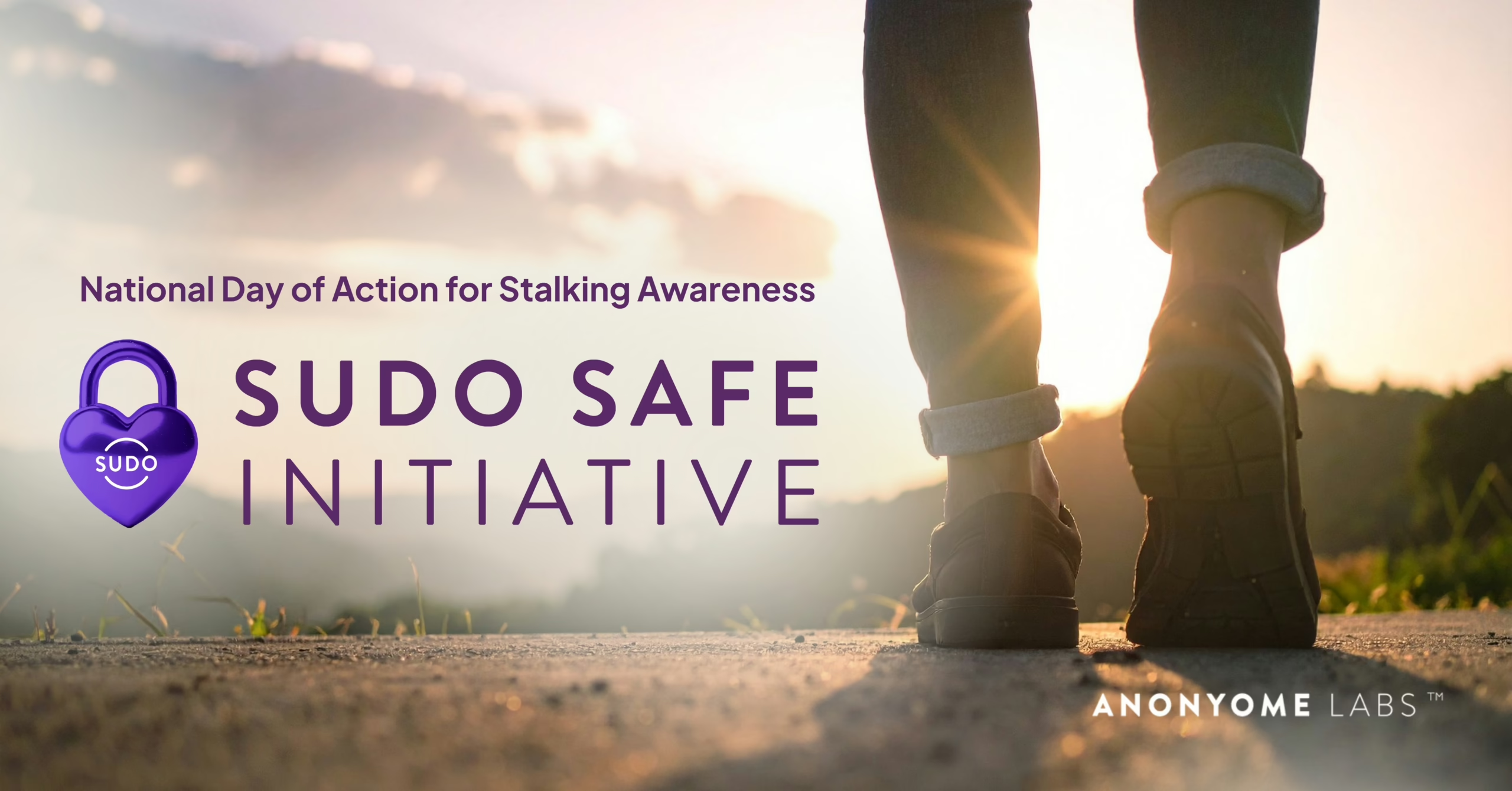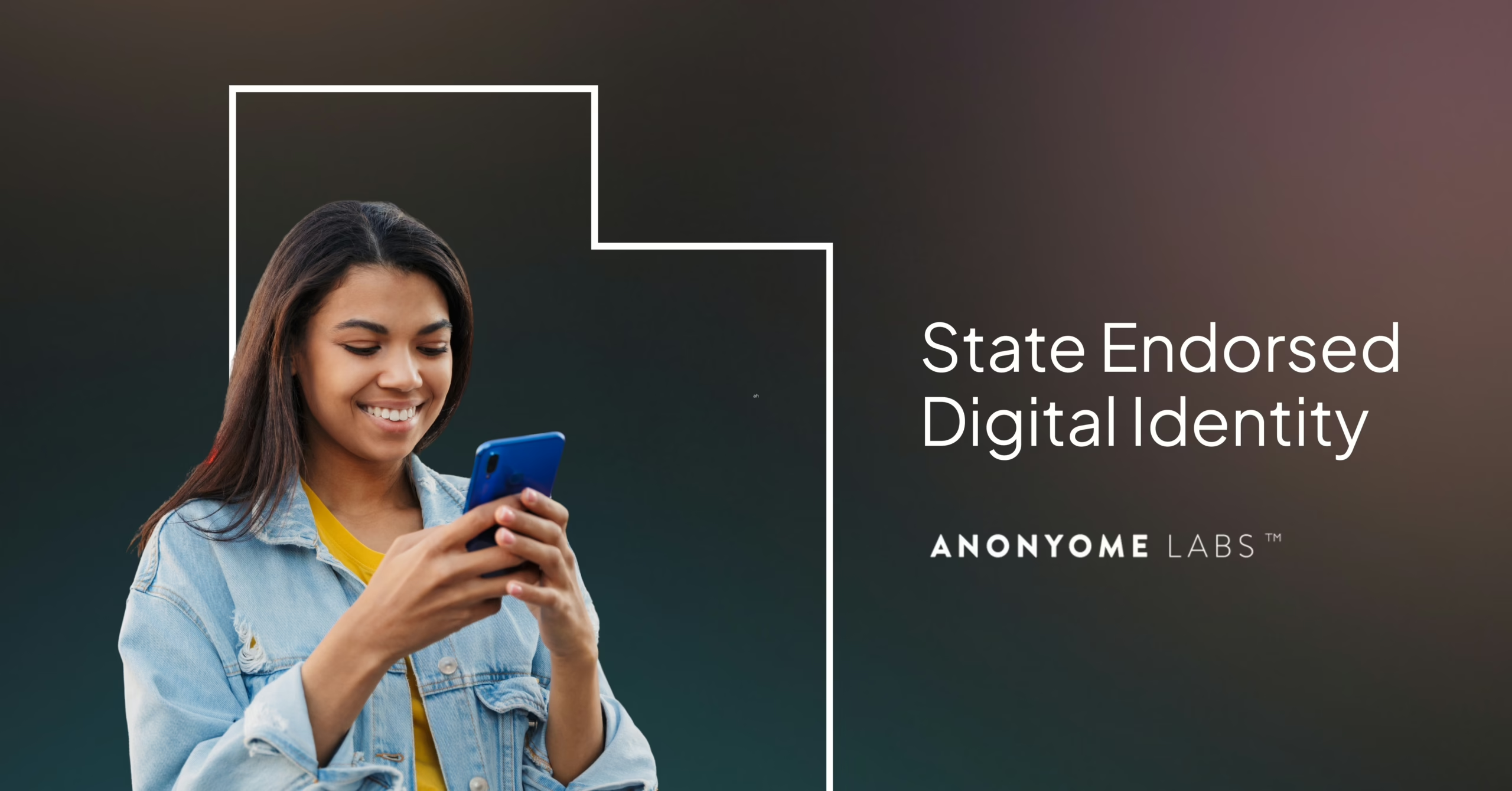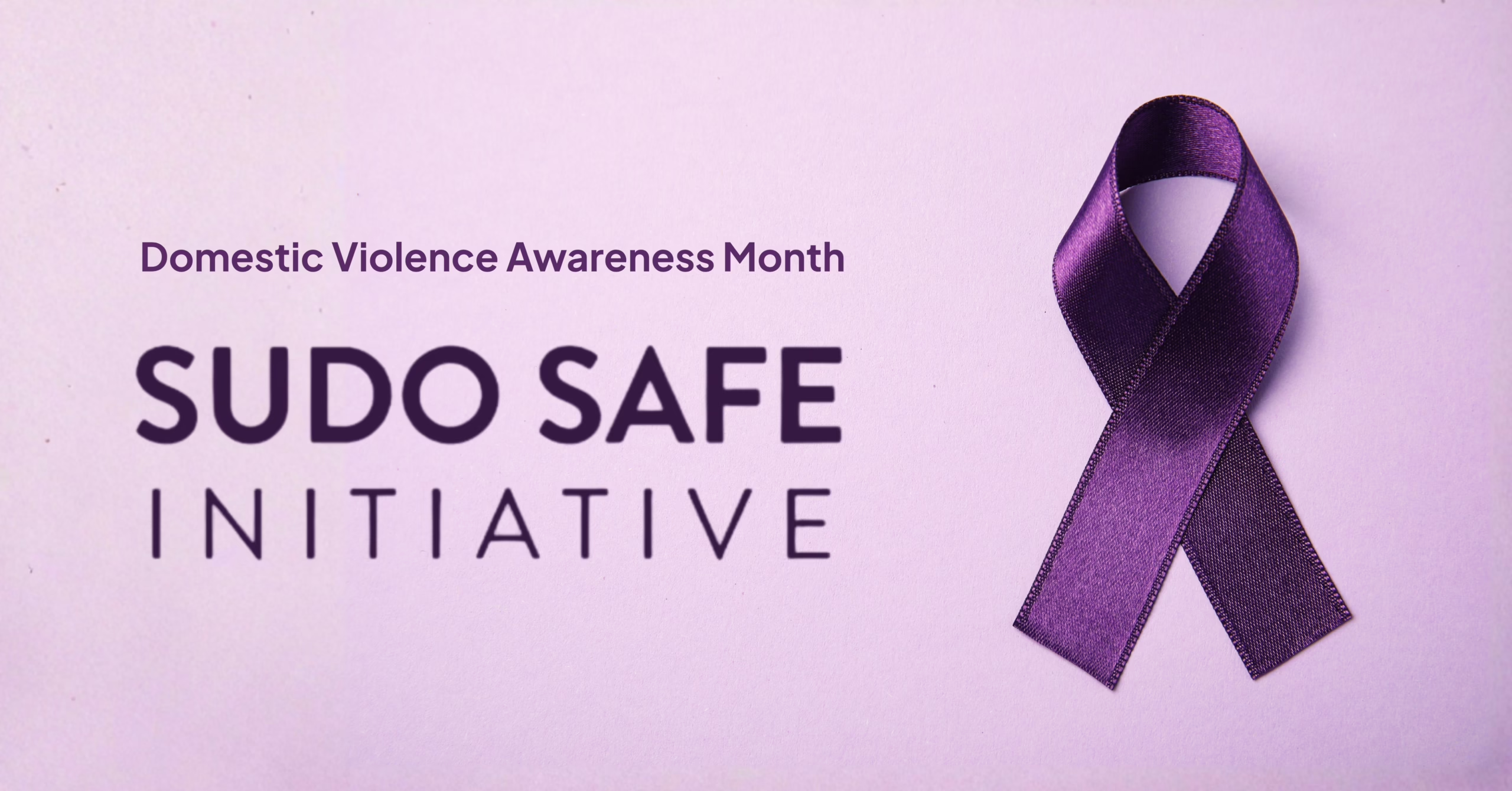Hey parents, as you prepare the kids for a new school year, we want to remind you of the risks to your privacy and safety from shopping for school supplies online. These risks apply to any online shopping you do, but we’ve framed them here for the back-to-school buying frenzy.
Let’s go through the realities and risks one at a time:
1. Every time you go online, you leave digital exhaust.
This is all the information or ‘consumer data’ you create as you interact with web sites and services. Your digital exhaust might include your name, phone number and email address, your credit card number, your billing and shipping addresses, the products you purchased, the services you signed up for, the social media posts you made, what you liked and shared, the sites you browsed, and the search terms you entered.
2. Opening online accounts (like Amazon, Office Depot, Walmart and so on) links all your personal data together.
If you’re like most people, you’ve got many online accounts and, again, if you’re like most people, you access each of those accounts using the same phone number, email address, even password. These common details link all your accounts together, and your personal phone number and email address quickly become a ubiquitous part of your digital exhaust and the rich data trail you leave behind.
3. You can now be easily tracked online, and your highly sensitive information exposed.
Once you’ve left a data trail of personally identifiable information—which is any data that can be used to identify you—all your private details are laid bare: details about your medical history, personal finance, and criminal record, for instance, and all your preferences and regular purchases, including medications, hotel stays, services and so on.
4. Your personal data is now a ‘product’ that’s misused and abused.
Plenty can happen to the personal data you leave on the web:
- Sites and services you interact with can store your data indefinitely. (See all the data Amazon collects and stores, for instance.) Stored data is at risk of a data breach (3.5 billion people had records exposed in the 15 biggest data breaches of this century. In just the first half of 2019, data breaches exposed 4.1 billion records.)
- Those same sites and services will use your data to personalize ads to you so they can influence your buying and other behaviors. You know how it goes: you search for backpacks and then every web page you open features five different ads for backpacks? At this time of year, you’ll see relentless ads for school socks, uniforms, notepads and pencils too.
- Those sites and services can also sell your data to data brokers and other organizations. Data is the product that drives the booming digital economy. Did you know your bank is even selling your data?
- Criminals can access your data and use it for identity theft and other fraud. The FTC says reports of identity theft where a criminal has fraudulently claimed government benefits using someone else’s personal details increased a staggering 2,920% in 2020 over 2019. Thirty-four per cent of those victims reported a loss, and fraud losses in 2020 totaled $3.3 billion in the US alone.
So now we ask you: are all these risks to your privacy and safety worth the cost of a cart full of back-to-school supplies? If you answered no, here’s the alternative.
Use MySudo to manage the risks
MySudo keeps your personal data private.
MySudo is the world’s only all-in-one privacy app. It’s the only app on the market that offers private and secure phone, email, browsing and payments all in one app, accessed via Sudos—secure digital profiles that work as real, alternatives to your personal data. MySudo breaks the data trail you’ve been leaving online.
MySudo lets you create nine separate Sudo profiles for everything you want to do online. At this time of year, that might be a Back-to-School Shopping Sudo, Soccer Dad Sudo, PTA Meetings Sudo, and Class Teachers Sudo, for instance. Let your Sudos match your lifestyle.
Instead of using your own personal information, like email and phone number, you use the information you’ve assigned to a specific Sudo profile—that is, the dedicated working phone number, email, private browser and virtual card you’ve created for that purpose.
Then, every time you talk, text, email or pay, you use those Sudo details instead of your own. Your details are secure since you haven’t shared them—we won’t even ask for a username or password to set up MySudo.
You can do all your usual back-to-school activities with your Sudo:
- Search the internet without being followed by ads, using the private browser.
- Pay online with your virtual card without worrying about tracking or hacking.
- Call, text, and email anyone without giving up your private details. And if they use MySudo too, all your communications are end-to-end encrypted.
MySudo breaks the data trail you create online.
The categorization and separation of your data across all your different Sudos is called compartmentalization—the most powerful data privacy strategy there is. Learn how MySudo makes compartmentalization easy.
Here’s the Sudo set-up in 7 simple steps:
- Download the app in iOS or Android.
- Create a Back-to-School Shopping Sudo (or whatever Sudos work for you).
- Add a name. Choose the name you’ll use when back-to-school shopping. It can be your own or an alias. Use this name in emails, online orders and merchant communications.
- Add an email address. You’ll use this dedicated email to open store accounts, sign up for deals and discounts, and communicate with online merchants.
- Add a phone number. This is a phone number you’ll use to make and receive calls and messages. It’s good for opening store accounts, receiving shipping updates, and calling customer service. Phone numbers are available with a monthly plan.
- Use the private browser assigned to your Back-to-School Shopping Sudo to privately browse products. Search for what you want without ads and pop-ups.
- When you’ve found the perfect product, privately and securely check out using a MySudo virtual card*. A MySudo virtual card is like a financial avatar. It goes online in place of you and your personal credit or debit card and completes transactions without leaving your personal information. It protects your privacy and limits your financial risk. Find out why your MySudo virtual card is more private than your bank’s virtual card.
Photo by note thanun on Unsplash
*This card is issued by Sutton Bank, Member FDIC, pursuant to license by MasterCard International. Card powered by Marqeta.



